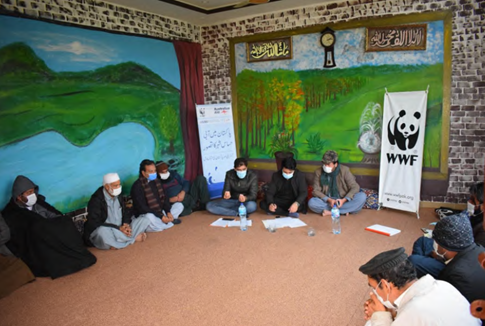HARC was engaged to conduct research on water cycle management and water resource initiatives that could strengthen water governance in Islamabad and Rawalpindi. The aims of the project included:
- Improved access to safe water and sanitation services for targeted disadvantaged communities, particularly vulnerable groups, through site-specific interventions.
- Increased community resilience to climate change and other water related shocks through a mix of locally suitable interventions; and;
- Build capability and awareness with key stakeholders on urban water management, as well as educating local communities, youth and other users about water use and conservation.
As part of this project, HARC was responsible for assisting with the feasibility assessments and advising on best practices in Integrated Water Cycle Management and economic evaluation to demonstrate the value of proposed water supply interventions. HARC also provided technical assessments on the benefits of water sensitive cities design interventions to overall urban water management in disadvantaged communities in Farash Town (Islamabad) and James Town (Rawalpindi). This work included assessing the effectiveness of treatment options and storages to improve the reliability of water supplies during dry periods, and using water balance models and costings to estimate the economic benefits.

